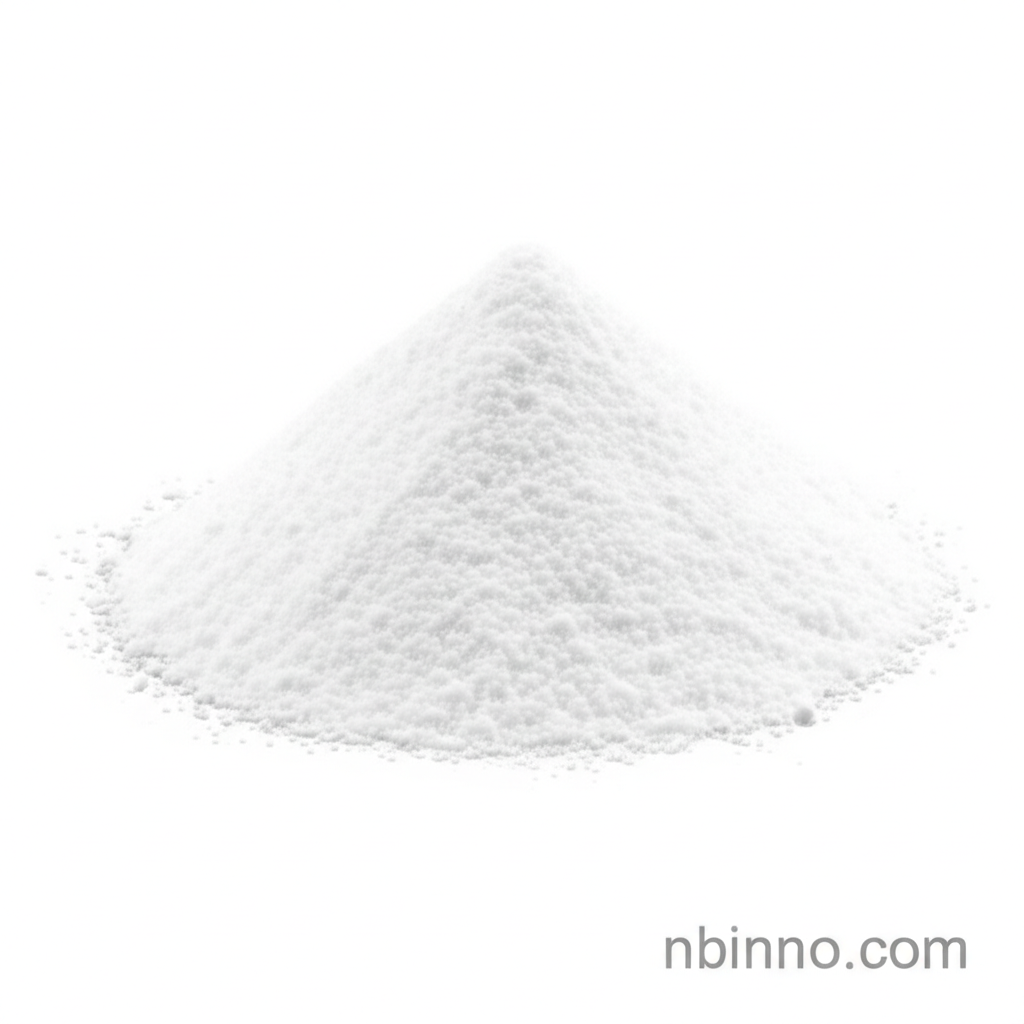Spiramycin: A Comprehensive Guide to its Properties, Applications, and Benefits
Discover the power of Spiramycin, a key macrolide antibiotic for treating a wide range of infections.
Get a Quote & SampleProduct Core Value

Spiramycin
Spiramycin is a potent macrolide antibiotic, renowned for its efficacy in combating various bacterial and parasitic infections. It functions by inhibiting bacterial protein synthesis through binding to the 50S ribosomal subunit, thereby halting the growth and reproduction of susceptible microorganisms.
- Explore the antibacterial properties of Spiramycin, a crucial component in treating soft tissue infections and respiratory ailments.
- Understand the pharmaceutical raw material significance of Spiramycin in drug formulations.
- Learn about the macrolide antibiotic Spiramycin and its therapeutic applications in both human and veterinary medicine.
- Investigate the Spiramycin antibiotic mechanism and how it effectively targets pathogens.
Key Advantages of Spiramycin
Broad Spectrum Activity
The broad spectrum of activity of Spiramycin makes it effective against a wide array of Gram-positive bacteria, certain Gram-negative bacteria, and protozoa like Toxoplasma gondii.
High Tissue Distribution
Spiramycin is known for its excellent tissue penetration, achieving concentrations in tissues and cells that are significantly higher than serum levels, contributing to its therapeutic effectiveness.
Favorable Tolerance Profile
Compared to other antibiotics like erythromycin, Spiramycin generally exhibits better tolerance, with fewer reported gastrointestinal and general side effects, enhancing patient compliance.
Key Applications
Respiratory Tract Infections
Utilize Spiramycin for treating conditions like acute bronchitis and pneumonia, addressing bacterial causes effectively.
Soft Tissue Infections
Benefit from Spiramycin's efficacy in managing various soft tissue infections, as highlighted in studies of its antibacterial properties.
Veterinary Medicine
The veterinary uses of Spiramycin are extensive, providing essential antibacterial treatment for livestock and companion animals.
Parasitic Infections
Spiramycin plays a crucial role in treating parasitic infections such as toxoplasmosis.
